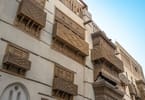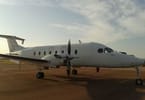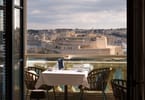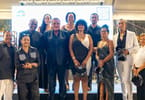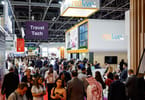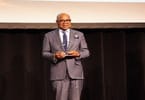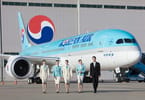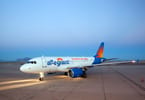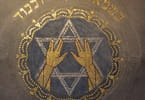CAPE TOWN, South Africa – Muslims constitute about 23% of the world’s total population, and Muslim travelers are estimated to spend more than $126 billion on tourism annually.
A number of Cape Town establishments are hosting Muslim tourists during the month of June, with many families relaxing before Ramadhan starts at the end of the month, and some Muslim’s also choosing to spend Ramadhan in Cape Town for its cooler temperatures and shorter days. Cape Town is, however, a magnet for Muslim tourists year round too.
The Cape is intricately connected to Muslim history. Amongst the stories is that of Prince Abdullah Kadi Abu Salaam of Tidore, Indonesia, who was exiled to Cape Town in 1767. He wrote a copy of the Quran from memory during his incarceration, and the volume is still preserved in Cape Town. This and many other connections makes Cape Town an ideal leisure destination, offering a wide variety of top Halaal restaurants, accommodation and activities catering for families that abide by these religious and lifestyle practices.
Says Gamidah Jacobs, owner of the Bo-Kaap based Lekka Kombuis; a Malay cooking school and Cape Town Tourism member; “Cape Town is blessed to be a city with a lot of Mosques – the Bo Kaap has nine Mosques alone, and there are many Mosques in the central city area too. As for foods, Cape Town has halaal fast food outlets as well as Cape Malay foods which you can find all over Cape Town. Visiting Cape Town as a Muslim it’s a bonus staying in the Bo Kaap area as it is a predominantly Muslim area and there are a few lodges and hotels in and around this area, eg. Hilton, Cape Town Lodge.”
The growing Muslim tourism market
Muslim countries are fast emerging economies with higher than average global population growth rates and their expenditure is expected to outpace a number of Cape Town’s key source markets into the year 2020. In a joint study by DinarStandard and Crescentrating: Global Muslim Lifestyle Travel Market 2012, results show that the majority of Muslims travel for leisure. The top three answers on what was most important when traveling for leisure were “Halaal Food” (67%), “Overall price” (53%) and “Muslim-friendly experience” (49%).
Cape Town’s vibrant Muslim community
South Africa is currently ranked as the second most halaal friendly country according to Crescentrating for non OIC (Organisation of Islamic Cooperation) countries, and the Muslim community in Cape Town is the largest in the country. Many Capetonians are descendants of slaves from India, Sri Lanka and Indonesia who were brought over by the Dutch East India Company in the 1600’s. These communities are called ‘Cape Malay’ and form a rich part of the daily traditions, food and culture of the Mother City.
Cape Town Tourism, CEO, Enver Duminy says; “Cape Town prides itself on being part of a very tolerant society. It is home to many different cultures and religions that are accepted and expressed in the Mother City. It has always had a thriving Malay community and our locals present excellent and authentic Halaal offerings. ”
Popular Muslim Nodes
There are a number of Muslim nodes in Cape Town, the most popular being:
The Bo-Kaap is a small residential area above the Central Business District. It has a population of over 6000, the majority of whom are Muslim, and is an important neighbourhood for the Cape Muslim community.
District Six was a character-filled inner-city residential area in Cape Town from which inhabitants were forcibly removed during the apartheid regime. At that time it was a relatively cosmopolitan area, made up largely of ‘colored’ residents and included a substantial number of Muslims. In 2003, work started on repatriating families to the area. Residents have now begun to move back into the new District Six.
The Cape Flats is a low-lying, flat area situated to the southeast of Cape Town’s central business district, and is home to modern Islamic culture with its many mosques and tight-knit Muslim community. Athlone, in particular, forms the heart of a well-established Muslim way of life in the area.





